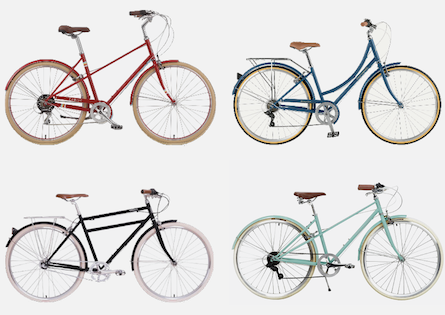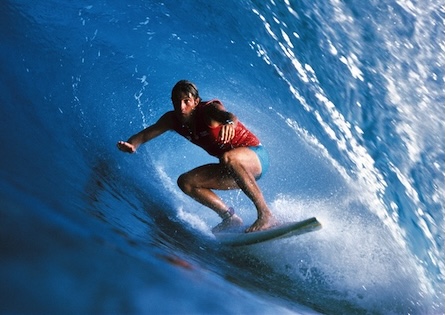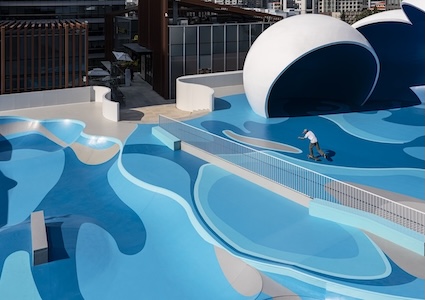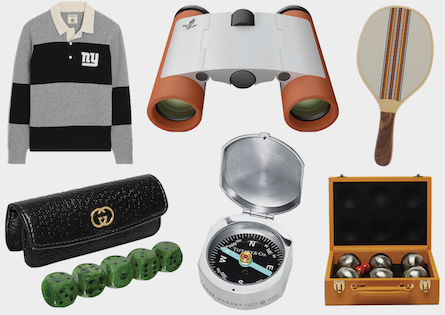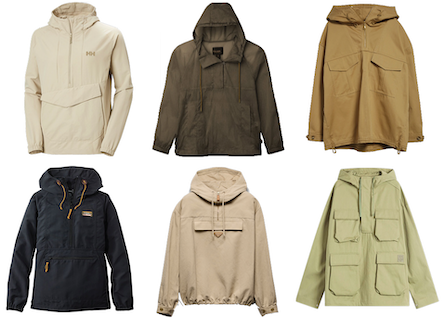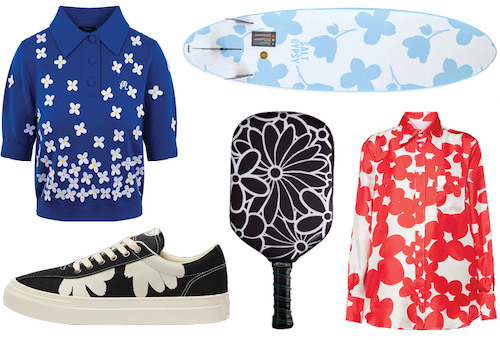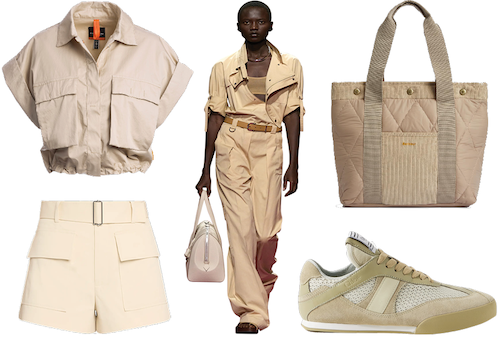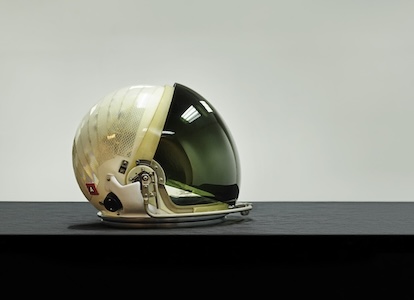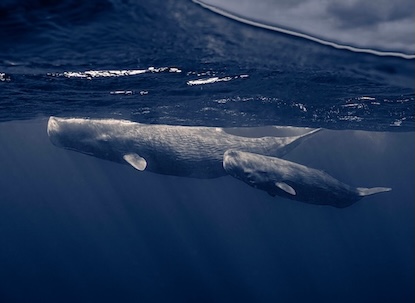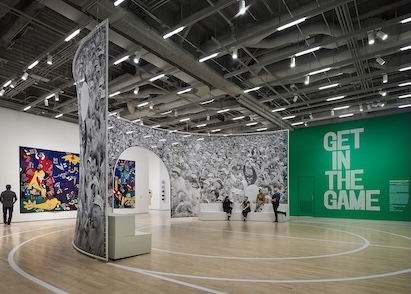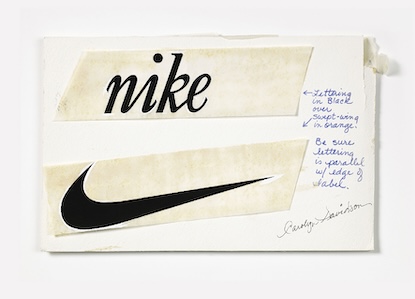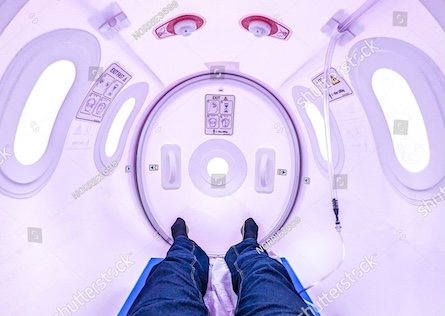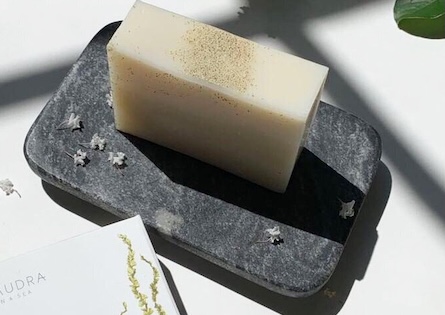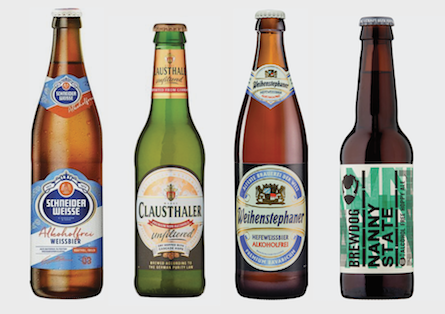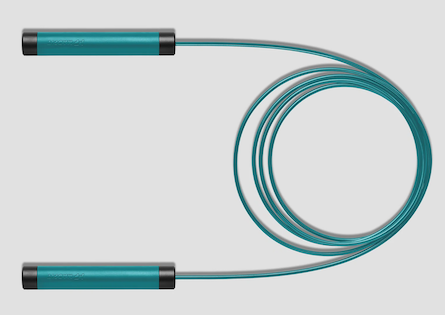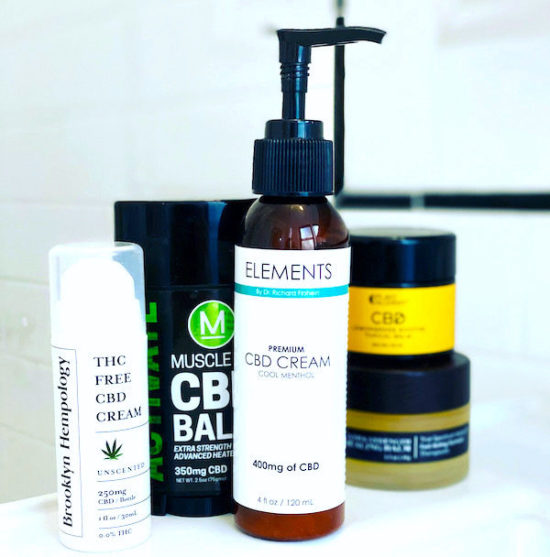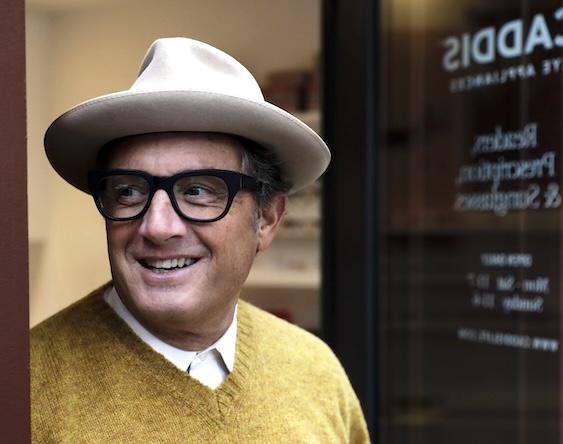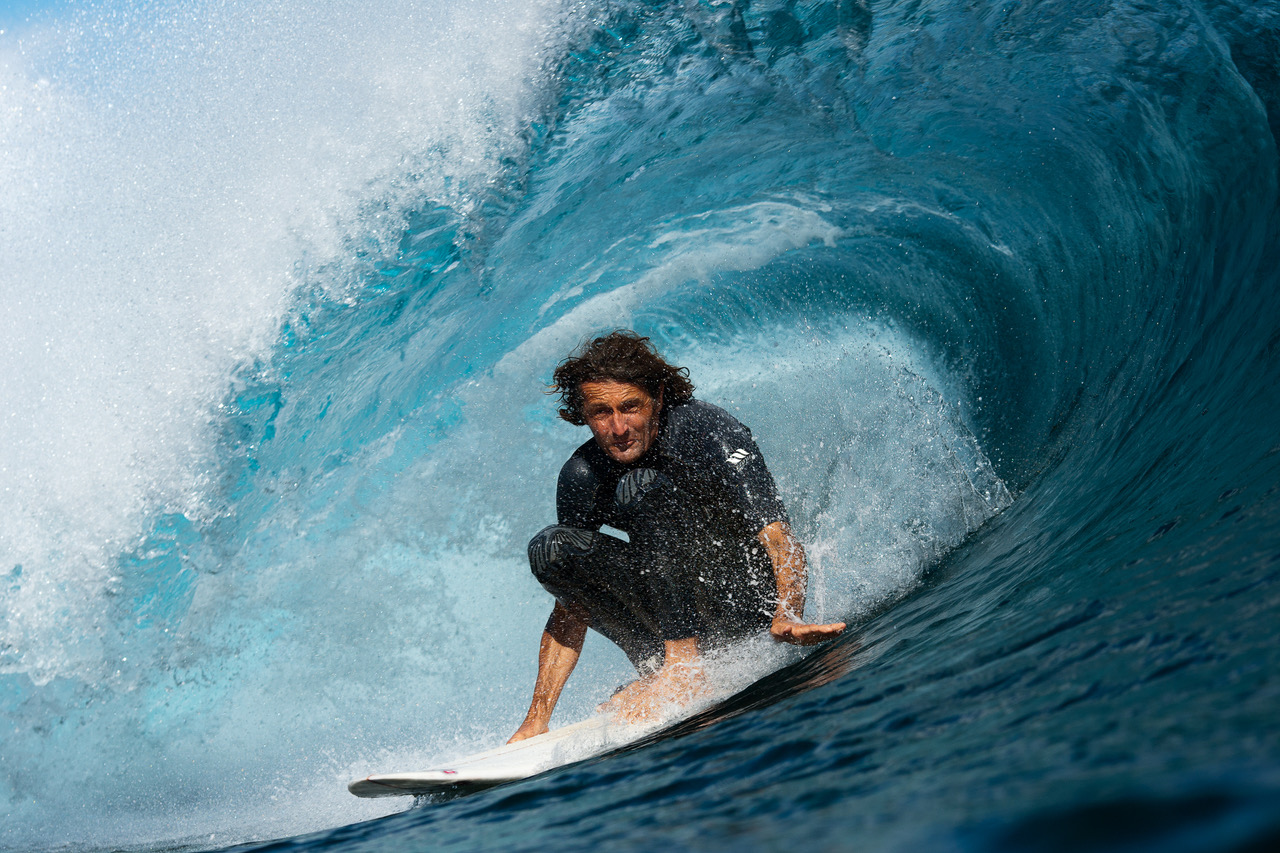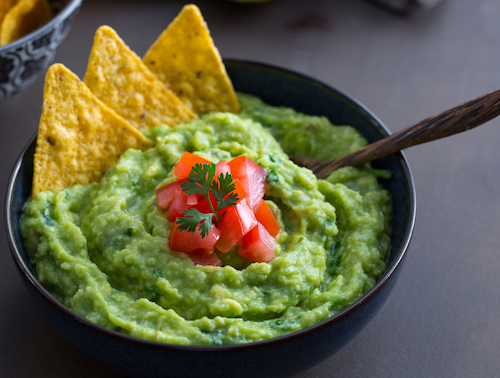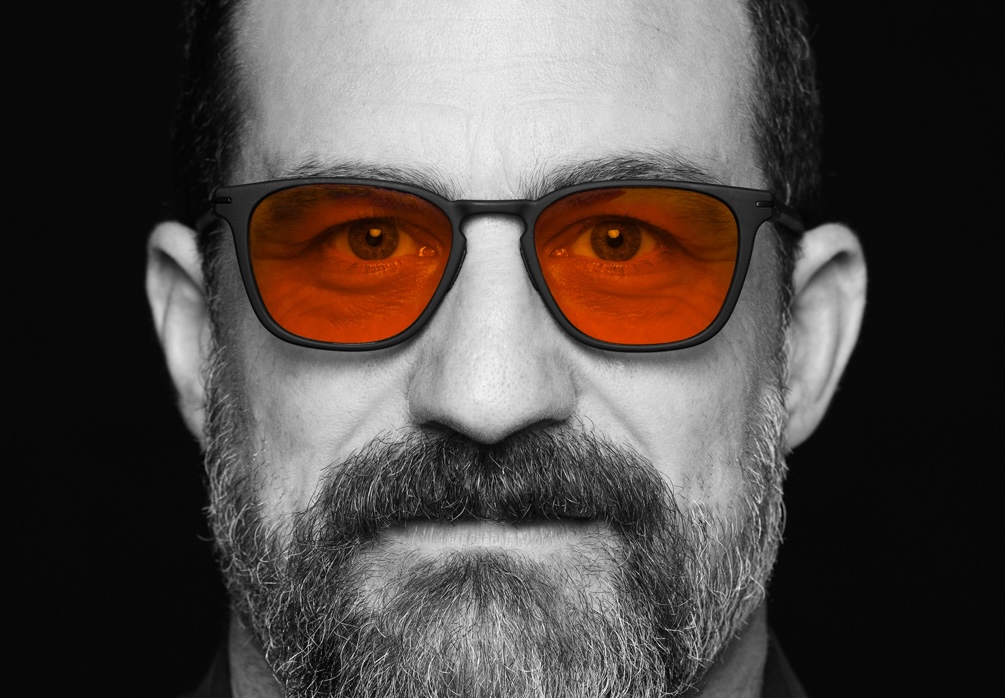MUSCLE MX, BROOKLYN HEMPOLOGY, ELEMENTS BY DR. RICHARD FIRSHEIN, PLANT ALCHEMY, KOI CBD
Walk into any health food or drugstore these days and you’ll see shelves filled with CBD products. In particular, there are a multitude of CBD creams and balms targeting muscle pain and inflammation, the common symptoms of overuse or injury any athlete encounters. CBD stands for cannabidiol and is the relaxing but non-psychotropic component of the cannabis sativa (marijuana) plant. Its counterpart is THC, the component that gets you high. CBD and THC are the most well known components, but there are many more cannabinoids in the cannabis plant, all of which have different therapeutic benefits.
There are three different categories of CBD products: CBD isolate, which contains no other cannabinoids or THC; broad-spectrum CBD, which contains most cannabinoids; and full-spectrum CBD, which in addition to the full range of cannabinoids also contains THC, up to the maximum 0.3 percent allowed by law. With such a miniscule amount, there are generally none of the mind-altering effects associated with THC.
While CBD isolates and broad-spectrum are ideal for consumers who want to be sure there is no THC in their product, without the other cannabinoids, the overall therapeutic benefits of CBD are reduced. Without the THC, what is known as the “entourage effect” is reduced as well. Even with just the trace amount allowed, CBD is more effective with THC. With so many options to choose from, including all the different dosages available, how do you know which one to buy? We asked Dr. Richard Firshein of the Firshein Medical Center for some answers.
Dr. Firshein is one of the leading authorities and practitioners of integrative medicine, as well as a doctor I have turned to over many years for both care and wellness information. He combines traditional and alternative medicine, and has been using cutting-edge diagnostic, nutritional, and allergy-based testing to create customized health and longevity protocols for his patients for over 25 years. Among those treatments have been a variety of therapeutics which were considered avant garde at the time, and now more common practice such as IV Therapy, bio-identical hormones, and most recently CBD. In fact, Dr. Firshein has just launched his own line of CBD products.
STYLE OF SPORT: First of all, I have a really basic question. Is hemp the same thing as cannabis?
DR.FIRSHEIN: Yes, cannabis sativa is the same as hemp. The difference is how plants are the plants are grown. Hemp is a weed and requires very little effort to grow. The marijuana plant on the other hand requires a lot of cultivation.
SOS: I see both hemp oil and CBD oils. What is the difference between them?
DR.F: Both are derived from the cannabis plant, but come from different parts of that plant. Hemp oil is pressed from raw hemp seeds, whereas CBD oil comes from the flowers and leaves of the mature plant, and has many beneficial cannabinoids which are lacking in hemp extract.
SOS: How exactly does CBD work?
DR.F: There is actually what’s known as the endocannabinoid system throughout the body which is active regardless of whether or not you use cannabis. What’s remarkable is for something that is so critical to our health, it really wasn’t on the radar until the 1990’s when researchers started exploring the therapeutic benefits of THC. At that point scientists started to conjecture that the endocannabinoid system is a component of the body’s immune and anti-inflammatory system. Like endorphins which are closely linked with morphine, there are compounds in nature that mimic compounds in our body, and have medicinal effects.
“If you’re eating inflammatory foods and are completely acidic, the body will not respond to CBD. There are other cofactors. Did you gain weight recently? Are you depressed? Do you have chronic pain? Arthritis? What’s your diet? You have to make sure you have the internal environment where CBD will be effective.”
SOS: How does the endocannabinoid system work?
DR.F: There are receptors in the body that promote the endogenous production and usage of endocannabinoids: cannabinoid receptor 1 (CB1) and cannabinoid receptor 2 (CB2). CB1 receptors are mostly found in the brain and central nervous system. CB2 receptors are in the peripheral systems, organs like the heart, kidneys, and liver. Together they help create an internal homeostasis. CBD works like an adaptogen. Your body will use how much it needs. You may not feel the same effects from CBD as someone else as everyone’s response is different. It might not stimulate or interact with your endocannabinoid system the same way.
SOS: That’s so interesting, because I have tried a variety of different CBD creams and found some work and some don’t. I have ones I really like, but when people ask for a recommendation I always preface my response with what works for me might not work for you.
DR.F: Everyone will respond differently. CBD only works in an endocannabinoid system that’s functional. If you’re eating inflammatory foods the body will likely not respond as well to CBD. There are other cofactors. Did you gain weight recently? Are you depressed? Do you have chronic pain? Arthritis? What’s your diet? You have to make sure you have the internal environment where CBD will be effective.
SOS: What is the primary usage for CBD when it comes to a sports injury?
DR.F: CBD works as an anti-inflammatory, and is primarily prescribed for inflammation that manifests as muscle and joint pain and soreness.
SOS: Between isolate, broad-spectrum, and full-spectrum here are so many CBD choices. How does a person know which CBD will work for them?
DR.F: You need to take into account different variables to find what works for you. The benefit of a full-spectrum CBD is the entourage effect of CBD, THC, and all the other cannabinoids. They all work together… as if by magic.
SOS: Erring on side of caution, maybe you want a broad-spectrum to rule out any psychotropic effects with THC?
DR.F: Everyone’s tolerance levels are different and some people are very sensitive. I don’t believe with CBD creams you need the THC. It’s not a necessary component for treating sports injury pain. Broad spectrum has the full range of CBD, and with so many components you still get all those benefits.
SOS: How do you know how much to take? I see products ranging from 250mg to 1000mg. How do you know the right dosage?
DR.F: For an athlete, weekend warrior, fitness person — if something hurts, something is tweaked, you overdid it at the gym — you want to rule out a serious injury first. CBD won’t work on your sore knee if you need a knee replacement. If you’re doing all the things we’ve discussed, I believe a good starting dosage is 400mg for typical muscle soreness after a workout and for those with chronic issues. But remember it’s the percentage of the bottle you take per dose versus what it says on the label that matters most. For low back pain, a sore shoulder or knee, start with 500mg but go up to 1000mg if needed. See how it works. For bigger muscles like the quads and hamstring you might need a higher dosage than let’s say the shoulder.
SOS: Can you take too much?
DR.F: There are no known side effects or toxicity, so you don’t have to worry about overdosage, but at a certain point there are diminishing returns and something else might be going on. CBD does take some time to work. If you think about the cannabidiol deficiency you’re trying to correct, these products are designed to help rebalance that. Some patients will feel the effects the next day, some not for a while. Chronic issues might take longer.
SOS: Can you take CBD preventively? I have lower back pain that comes and goes. Will it help keep that at bay?
DR.F: Yes, you can take it every day. Put it on like moisturizer after you shower.
SOS: What are some other factors to look for in a CBD cream?
DR.F: You want to be able to source it, to make sure the product is fresh, organic, and not manufactured in places where they might use pesticides. Plants suck everything out of the ground — weeds, heavy metals, pesticides — and knowing it’s organic and where its sourced mitigates that. How it’s manufactured will determine the effectiveness, and whether it has the amount of CBD it says it does. My CBD products have a scanning code QR on every single bottle that tells you exactly what’s in it.
SOS: Every product should have that! Did you create your own line because you felt the products out there weren’t checking all the boxes for you?
DR.F: Yes. I decided to make my own primarily for my patients for now. I tried different approaches and extracts until found what was working and was seeing the effectiveness.
SOS: This is all so informative!
DR.F: With CBD everybody becomes their own doctor, and with that comes responsibility when it’s so patient dependent. You want to be informed so you’re not confused and can administer CBD most effectively and responsibly.
5 FAVE CBD CREAMS & BALMS…
Given all this info and the prerequisites on which to judge their effectiveness, here are a few of our favorite CBD creams you might want to try.
ELEMENTS BY DR. RICHARD FIRSHEIN
Formulated by Dr. Richard Firshein, Elements Premium broad-spectrum CBD Cream comes in a cool menthol lotion and salve in both 400mg and 1000g dosages.
MUSCLE MX
Formulated specifically for before and after your workout, Muscle MX Activate and Muscle MX Recovery both come in a handy stick form with 350mg of CBD.
KOI CBD
Koi CBD Pain Relieving Gel Roll-On and Koi Naturals Hemp Extract CBD Balm offer 500mg of broad-spectrum CBD relief in a proprietary blend of menthol and 19 essential oils.
PLANT ALCHEMY
CBD Soothe Topical Balms are crafted in artisanal batches with a mix of plant-based herbs and essential oils. Available in different scents such as Lemongrass and Eucalyptus, they contain 600mg of full-spectrum CBD.
BROOKLYN HEMPOLOGY
Brooklyn Hempology’s THC-Free CBD Sports Cream is specially formulated to support healthy muscles with 400mg of Premium CBD, menthol, and camphor. Rub it in before, during, or after your workout.
